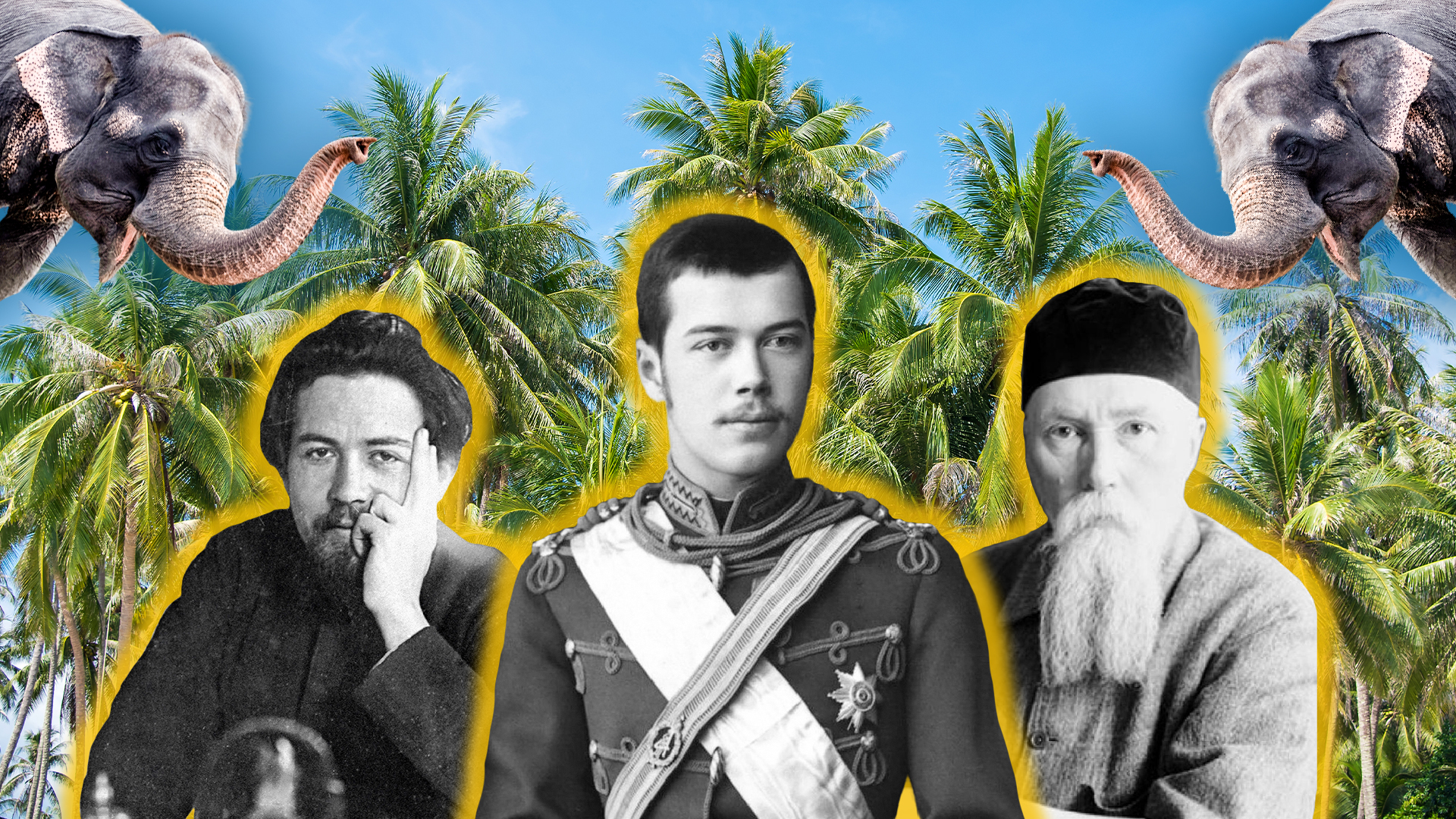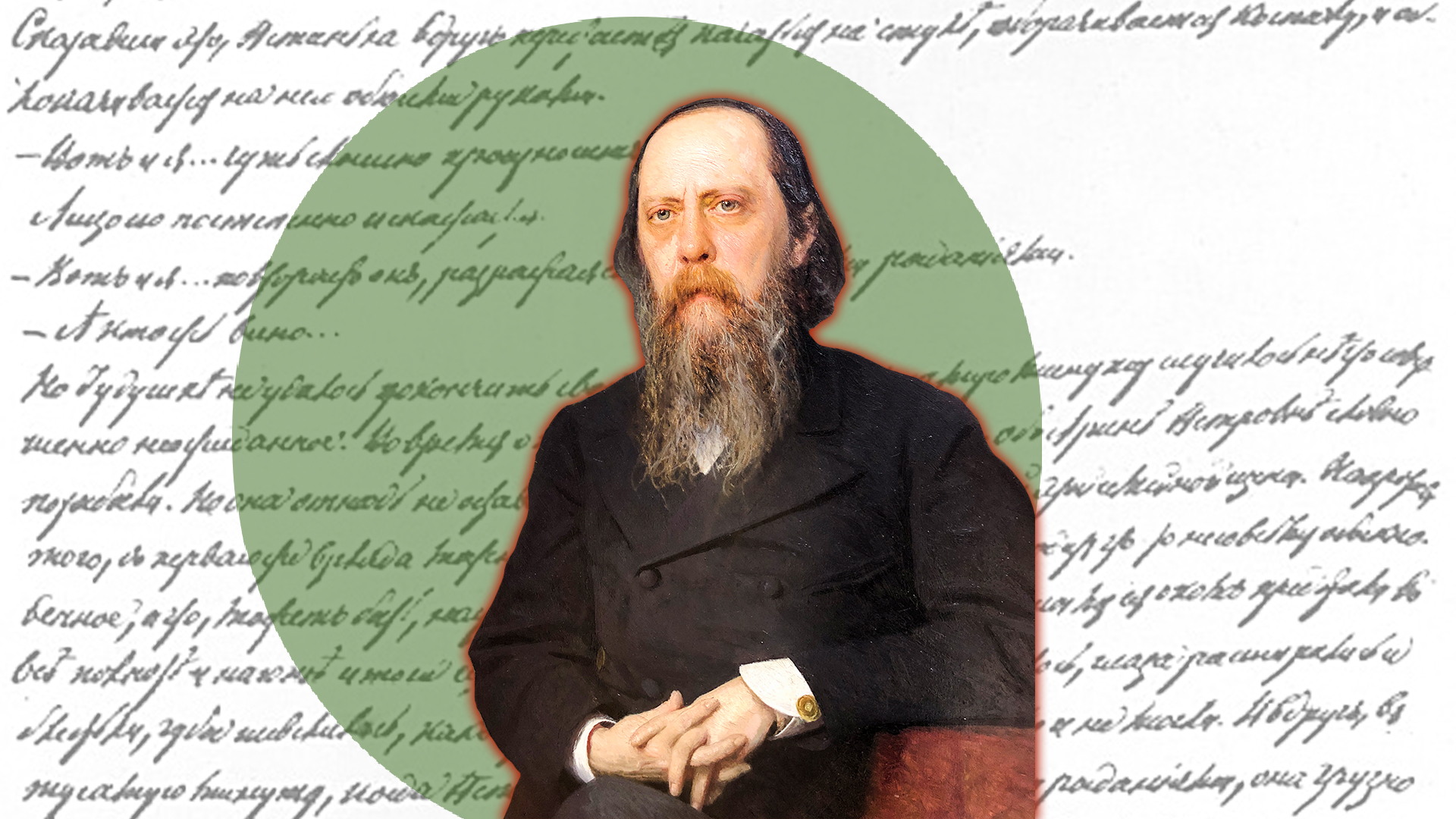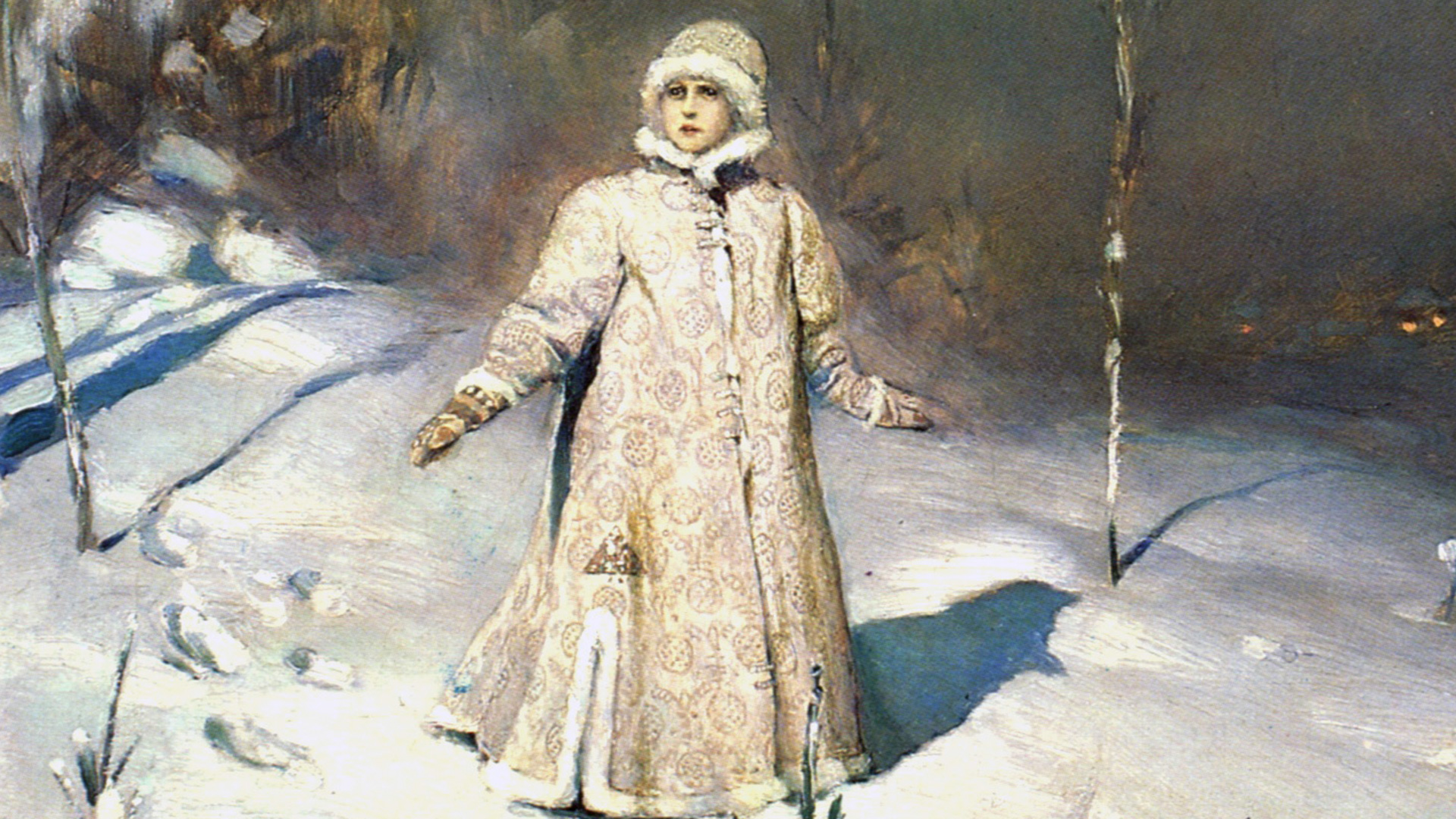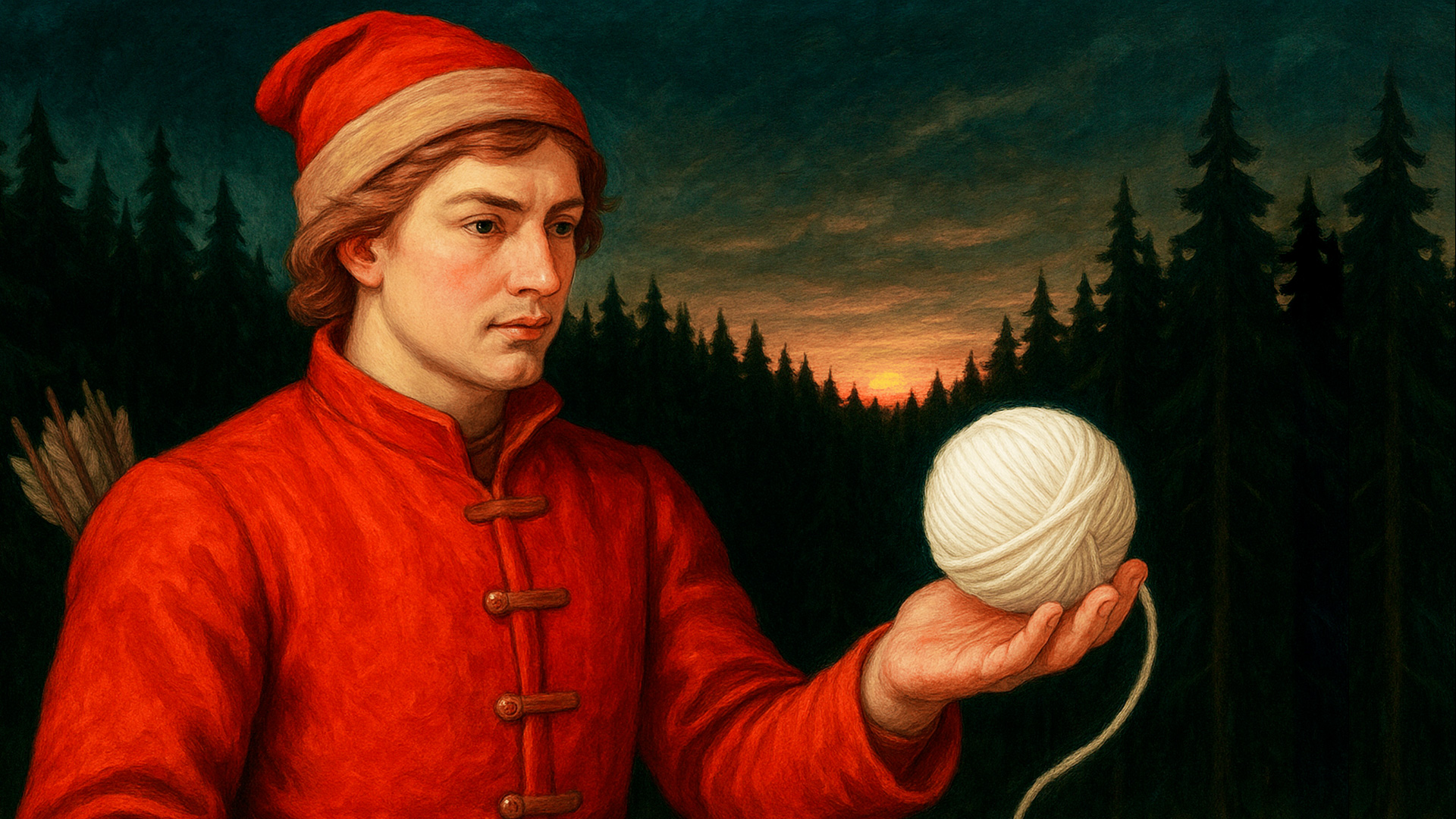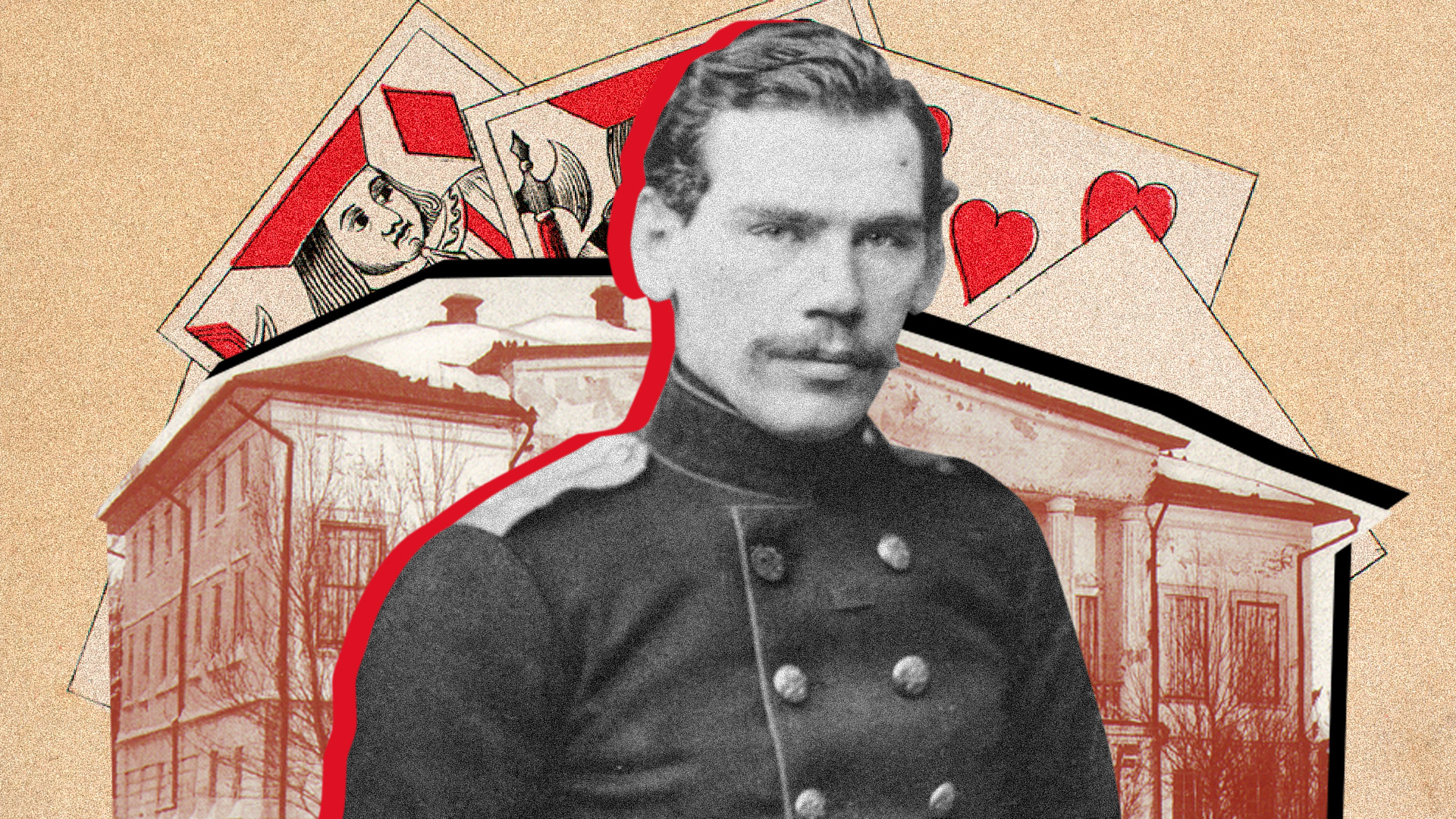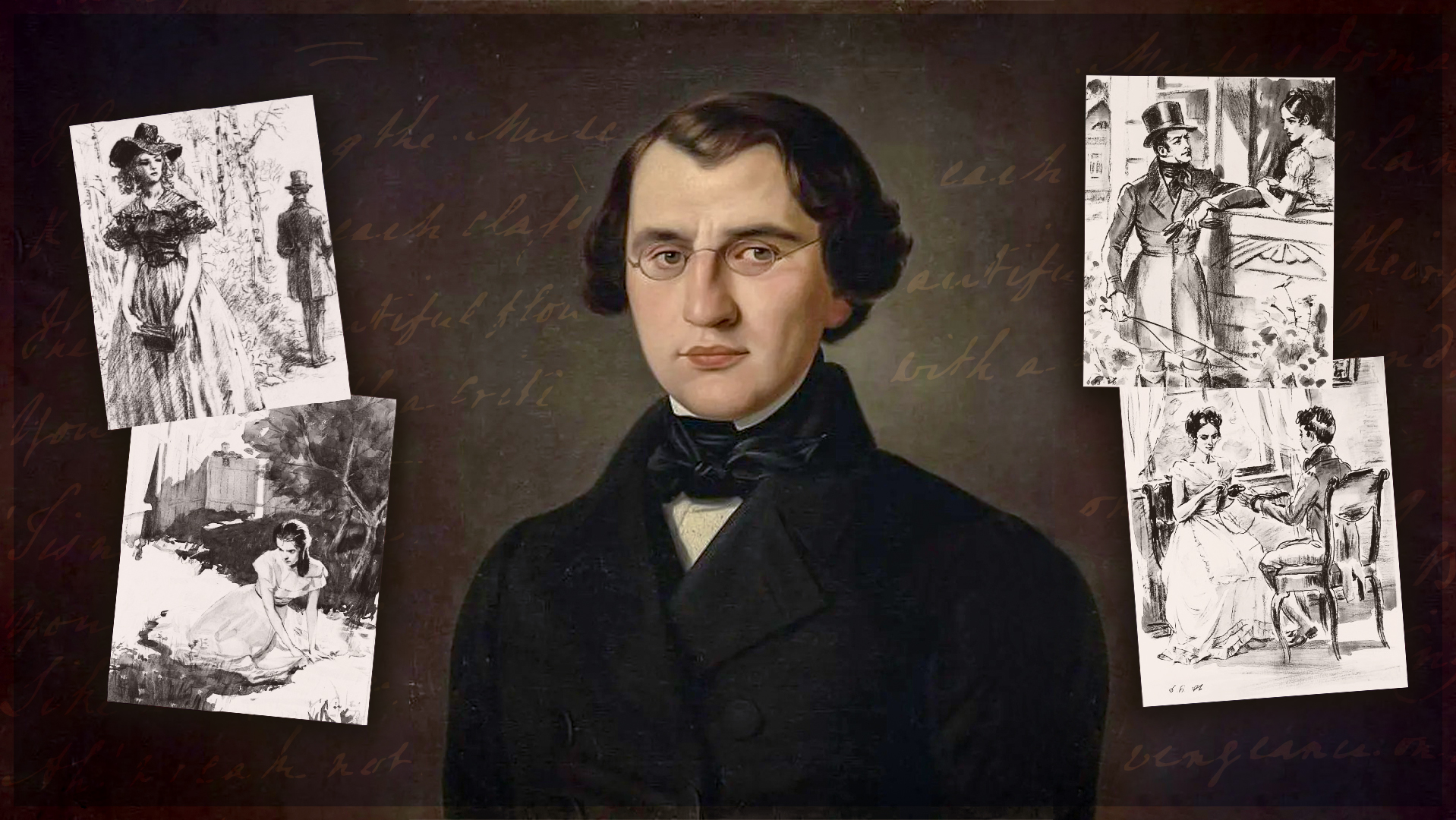
How Voltaire & Diderot made money from a Russian empress

Jean-Jacques Rousseau received a small lifelong pension from Karl Friedrich, Margrave of Baden. Jean Leron d'Alambert received a pension from Louis XV. However, Denis Diderot and Voltaire became the record holders in exchanging ideas for money. Both maintained regular contacts with Russian Empress Catherine II and she paid them not only with respect, but also in currency.

In 1765, Catherine II bought Diderot's library for 15,000 livres, allowing him to remain as custodian with a lifetime salary of 1,000 livres a year. And, in 1773, Diderot went to St. Petersburg and spent several months in daily conversations with the empress. In these conversations, he emotionally criticised serfdom and her regime, in general. However, Catherine wanted to have a reputation as an enlightened monarch, so she tolerated the attacks, paid his travel expenses and gave him a diamond ring, which the philosopher kept as a relic until his death. Diderot emphasised that he sold books, but not himself. And, although in his best years, the thinker earned as a wealthy bourgeois, he was unable to make large savings – he spent a lot on helping other philosophers and publishing books.

Philosopher Voltaire was much more flexible. And, as a result, much richer. He took money from kings Frederick II of Prussia and Louis XV and invested it in his business. But, his main patron of the arts was Russian Empress Catherine II. Their correspondence lasted for 15 years and the payments amounted to almost half of the philosopher's income. Catherine assigned him large sums and also periodically paid debts, which, even with such a high income, the philosopher somehow managed to achieve. For his part, Voltaire was responsible for the empress's European PR, calling her “the philosopher on the throne” and supporting her foreign policy. In 1778, after the philosopher death, the empress bought Voltaire's library for 135,000 livres (the equivalent of a small town’s annual budget).



